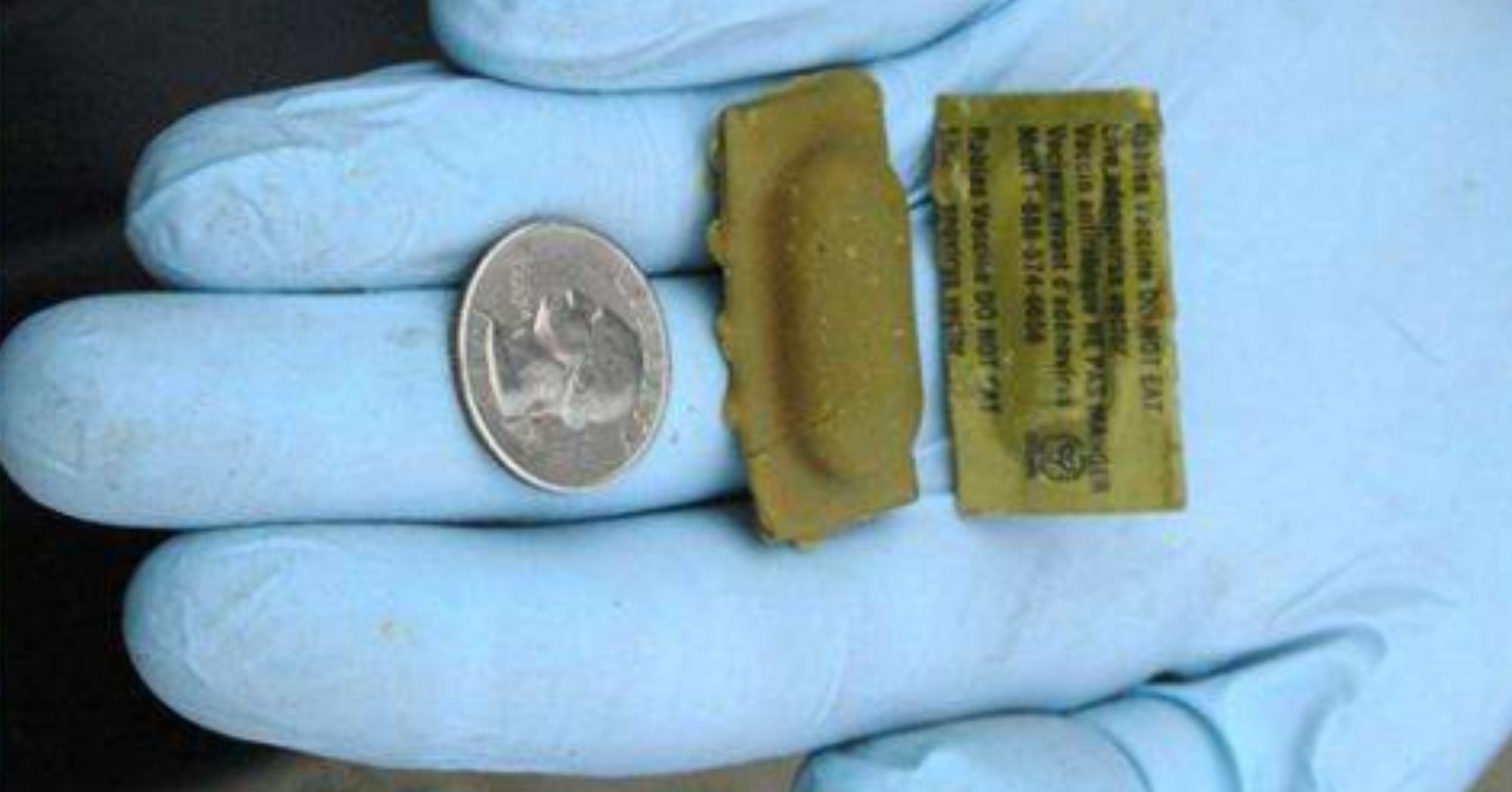The U.S. Department of Agriculture has recently allocated nearly $19 million in emergency funding to combat ongoing wildlife rabies outbreaks across multiple states. This crucial funding will enable USDA’s Animal and Plant Health Inspection Service to bolster its stockpile of oral rabies vaccination baits for future use, while also addressing emerging rabies cases in high-risk areas where the virus is likely to spread.
“Wildlife rabies poses a significant threat to domestic animals, including livestock and pets,” said Dr. Michael Watson, APHIS Administrator. “By reducing rabies in wildlife populations, we are protecting both human and animal health and minimizing the risk of disease spread, which could undermine the progress APHIS has made in rabies management since 1995.”
The APHIS National Rabies Management Program focuses on controlling and eliminating rabies in terrestrial carnivores such as raccoons, coyotes, and foxes. Although APHIS has supported emergency responses in recent years with appropriated funds, the rising costs and increasing demand for rabies interventions have strained available resources. This emergency funding is sourced from unspent balances of previous animal and plant health emergencies.
The funds will be used to tackle current rabies outbreaks in Alabama, Maine, and Vermont, establish a robust ORV bait stockpile for future needs, and manage rabies in six emerging areas within existing management zones that are at heightened risk of rabies spread.

These high-risk areas include Watertown, New York; Buffalo, New York; Youngstown, Ohio; Pittsburgh, Pennsylvania; Birmingham, Alabama; and rural regions of eastern Vermont and western New Hampshire. This emergency transfer will help prevent further wildlife rabies transmission by enabling APHIS to implement supplemental ORV operations, which may involve increasing bait density, expanding the management area, and conducting additional baiting actions.
APHIS has long worked to prevent the spread of raccoon rabies by establishing an ORV zone from Maine to Ohio along the Canadian border and from Ohio to Alabama. Additionally, the NRMP collaborates with the Texas Department of State Health Services to maintain an ORV zone along the Texas-Mexico border to prevent the reintroduction of canine rabies into the United States.


